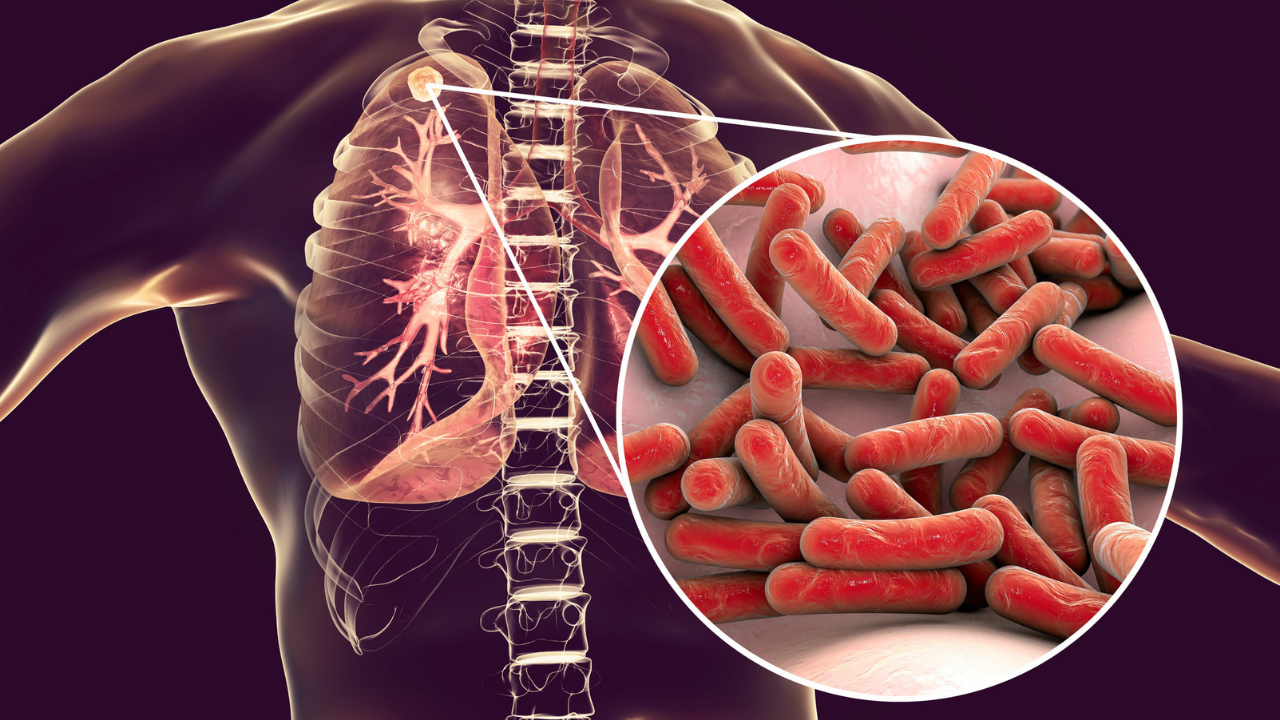KORONADAL CITY––South Cotabato health personnel have detected nearly 200 new tuberculosis (TB) cases in the past several months as it continued to expand its surveillance in the province’s 10 towns and lone city.
Dr. Rogelio Aturdido Jr., head of the Integrated Provincial Health Office (Ipho), said Monday that they had deployed mobile teams down to the barangay level to conduct massive free chest X-rays for TB case detection.
He said their teams had catered to around 1,000 residents, with 20 percent or about 200 turning out positive for the disease.
“This means that we have many residents experiencing this illness but were not detected probably because of misinformation and inaccessibility to diagnostic services and treatment,” he said during the regular flag-raising ceremony at the provincial capitol.
The official said their teams from the infectious disease program are trying to reach the remotest areas in the province using a mobile X-ray van provided by their partners Maranao People Development Center Inc. or Maradeca and the Philippine Business for Social Progress (PBSP).
He said the provincial government was waiting for the mobile X-ray van with a sputum testing laboratory that it acquired to expand their case-finding and surveillance.
Aturdido said they planned to deploy ultra-portable chest X-ray machines to augment these activities.
The United States Agency for International Development and the Stop TB Partnership provided the machines.
“Our technicians can carry the machines in their backpack and bring them to our remote barangays and communities,” he said.
Aturdido earlier said the province’s treatment success rate for TB was 95 percent, but the case detection rate was only 56 percent.
Since last year, the IPHO has catered to around 3,000 residents for the free chest X-ray.
In March 2020, it detected nearly 600 new TB cases in its surveillance activities with PBSP.
At least 23 percent, or 305 of the first batch of 1,329 residents, who availed themselves of the X-ray services, were found positive for TB, while 19 percent, or 294 of the 1,550 tested in the second batch, were infected.
Aturdido added that they were working to buy additional medicines for TB as supplies at the provincial and municipal health offices were running out.
“We’re now reviewing our (fund) utilization and moving for an emergency purchase,” he said.
